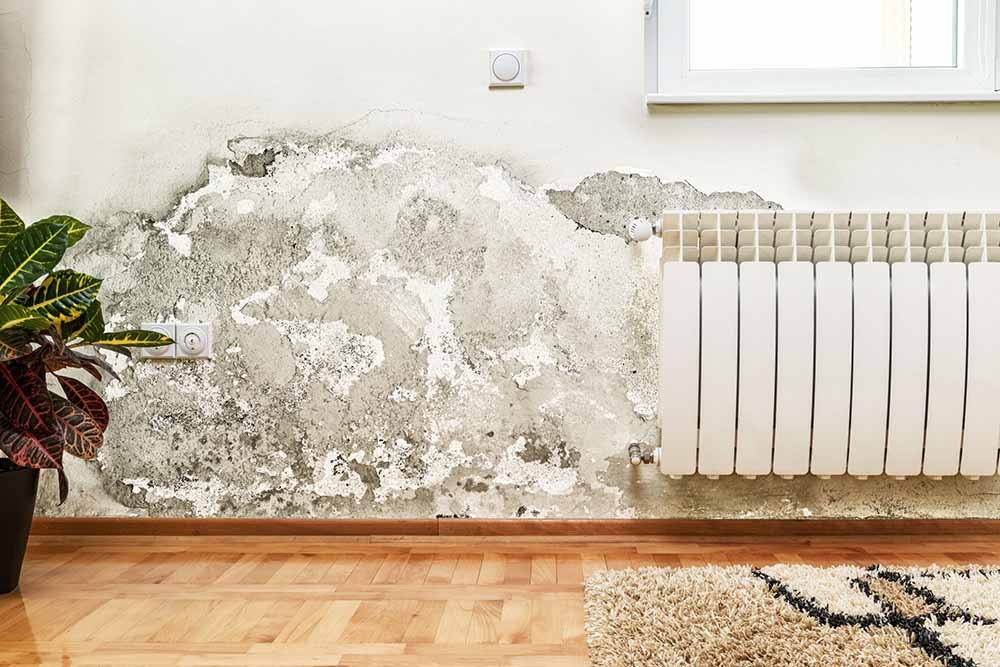Every year, countless homes succumb to the destructive power of water. Unattended leaks, flash floods, or even simple humidity can severely compromise the foundation of homes, damaging both the structure and their valuable contents. But the impact of water damage goes beyond the physical, often leaving emotional and financial scars on homeowners.
The key to reducing the devastating effects of water damage lies in prevention and early detection. It can also save considerable stress and financial loss. This emphasizes the importance of having a comprehensive understanding of water damage.
Understanding Water Damage
Water damage in homes can result from several factors, including leaks, heavy rain, or excessive indoor humidity. These situations can cause structural harm to the house, promote the growth of mold and mildew, and potentially ruin valuable possessions. Companies specializing in water damage repair can be a helpful initial option, as they can get on site quickly and assess and address problems promptly.
Understanding the causes, early signs, and potential effects is the first step toward a robust solution to tackle water damage effectively.
Signs Of Water Damage
Water damage often begins subtly before it becomes severe. To nip the problem in the bud, keep an eye out for:
- Damp Spots: Look for unexpected wet spots on floors, walls, or ceilings.
- Discoloration: Yellow or brown stains on walls or ceilings often signal water damage.
- Unusual Odor: A musty, damp smell might indicate mold or mildew, a sign of potential water damage.
By spotting these early signs, you stand a better chance of preventing extensive damage and shifting focus on precautionary measures.
Measures To Protect Your Home From Water Damage
Protecting a home from water damage involves a strategic mix of intelligent design choices, regular maintenance, and the use of advanced technology. Consider the following measures:
- Incorporate Water-Resistant Materials: Use materials that resist water damage in moisture-prone areas like bathrooms, basements, and kitchens. Include water-resistant paint, stainless steel, tiles, and treated wood in these locations.
- Implement Intelligent Landscaping: Ensure your property is landscaped so water drains away from your house. Consider grading your yard, installing French drains, or using rain gardens.
- Maintain Regularly: Frequent home maintenance can prevent many instances of water damage. Clean gutters, inspect and repair roof shingles, caulk around windows and doors, and check pipes and appliances for leaks.
- Leverage Technology: Equip your home with advanced products from trusted brands like Blue-White.com for effective water management.
- Inspect And Repair Your Roof: Routinely check for any signs of damage, like roof leaks or worn-out shingles, and repair them as soon as possible.
- Install A Sump Pump: If your property has a basement, which is prone to water accumulation, consider installing a sump pump. Maintain and inspect the device to ensure it’s ready for use during heavy rains.
- Use Water Barriers And Seals: In areas prone to flooding, use water barriers such as stucco rainscreen or seals on doors and ground-level windows to prevent water from entering.
- Protect Pipes: Insulate pipes to prevent freezing and bursting in colder weather, a situation that could lead to significant water damage.
- Improve Ventilation: Ensure your home has good ventilation to prevent condensation and control humidity, reducing the chance of mold and mildew.
By implementing these measures, you can significantly decrease the risk of water damage in your home. Nonetheless, even the best preventative strategies can’t guarantee absolute protection, so knowing what to do when water damage occurs is crucial.

Actions To Take When Water Damage Occurs
When faced with water damage, immediate action can limit its extent. Here are some critical steps:
- Stop The Water Source: If possible, stop the water flow to prevent further damage.
- Dry Out: Quickly remove water-soaked items and try to dry out the affected area.
- Document The Damage: Take detailed photos and make a list of damaged items for insurance claims.
- Seek Professional Help: Consider involving water damage repair specialists for severe damage.
Reacting promptly and effectively to water damage can minimize the extent of the damage and associated repair costs. Ultimately, being informed about the risks and preventative measures against water damage is vital for homeowners looking to protect their properties.
Conclusion
Water damage can be a devastating problem for homeowners, capable of causing significant damage to the structure of a home and its contents. However, you can significantly reduce its risks by understanding its causes and signs, taking proactive measures to protect your home, and acting swiftly and effectively when water damage occurs.
Knowledge is your strongest defense; utilize it to shield your home and maintain peace of mind.
















